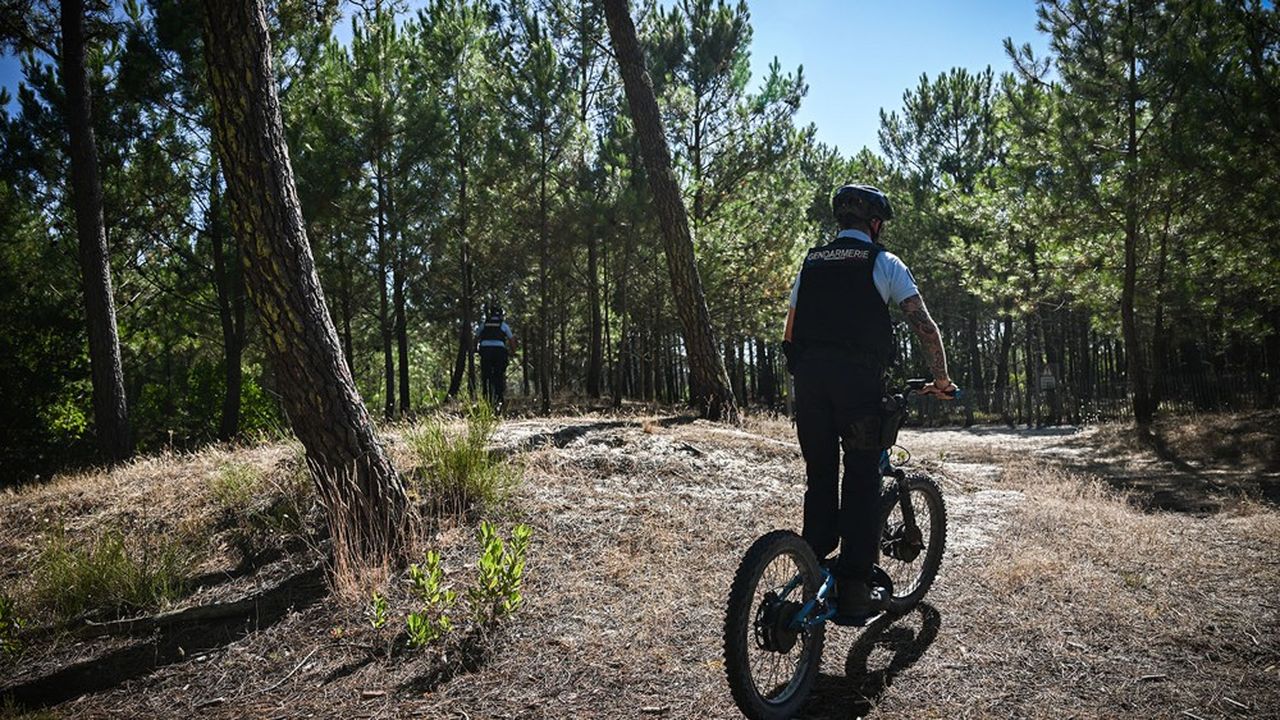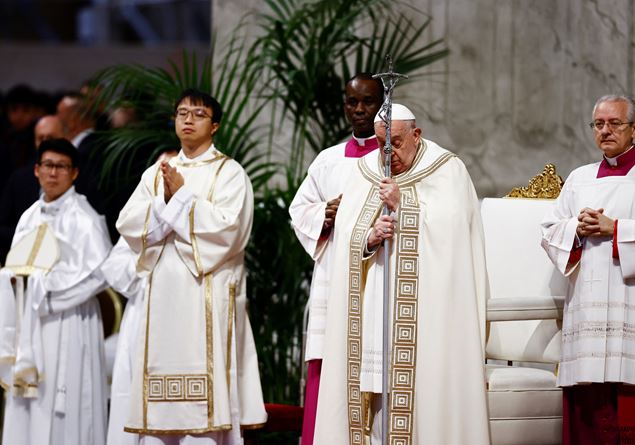
By Benoit Leguet (General Director of I4CE – Institute for Climate Economics)
The Olympic truce has brought a lull in the French political scene. Our country has also benefited this summer from an unexpected lull in climate events. Two “small” heat waves. The now traditional forest fires. Less visible to most people, landslides in the Alps; and a temperature record for the waters of the Mediterranean, which beats that of 2022. But during this time, the rest of the world has broken heat records. With the associated consequences: deadly floods in Bangladesh or Yemen; violent fires in California, Canada, Brazil, Turkey and Greece; drought in Morocco. The climate continues to change and we are still not ready.
The composition of the National Assembly elected in July will require coalitions of projects. Adaptation to climate change is precisely a subject that could lend itself well to this. It constitutes an objective that can be shared from one end of the political spectrum to the other, with an angle of security of populations and the economy; or equity and protection of the most vulnerable; or both at the same time. The subject has so far been little explored by the political class: partisan positions are therefore less asserted. And finally, good or bad answers in principle do not exist. The typical case: water storage, good or bad? The answer depends on the territory concerned, for what uses, with what local project, what governance of the sharing of the resource, etc.
Discuss
The refocusing of power towards Parliament could allow for interesting debates on climate adaptation. Where this refers to different visions, priorities. On the level of acceptable risk (and therefore desirable investment) for the continuity of public services, on the future of agriculture or even on the sustainability of the national solidarity system in the face of natural disasters. There is indeed no single good way to adapt, but choices to be made. Politics, in short.
With the arrival in Parliament in a few weeks of the finance bill – and the multi-year strategy for financing the ecological transition -, it is also the time to systematically ask the question of climate change in our investments and in our spending, both public and private. Public authorities and private actors already spend several billion euros per year to adapt the economy to climate change. This is both insufficient, because many adaptation actions are not funded, and ineffective if we do not increase the ambition of adaptation policies. For example, nearly 2 billion euros are already spent per year on insured damage to buildings for flood risks and clay shrinkage-swelling. Most often… to rebuild identically.
To plan
The last two governments have developed the third national climate change adaptation plan. This plan, currently awaiting formal adoption, constitutes a solid basis, which a parliamentary debate could enrich. Adaptation planning is indeed more necessary than ever, with long-term perspectives to be built, and short-term needs to be addressed this autumn.
Some ideas? In construction, systematize the consideration of the future climate in new construction standards and renovation aid criteria. In transport and energy networks, target and prioritize investments, and hold managers accountable for the implementation of adaptation strategies. In agriculture, deploy on a large scale solutions to adapt existing crops, but also prepare for possible more structural transformations, necessary in the climates of the future.
Benoit Leguet is the Managing Director of the Institute for Climate Economics (I4CE).







